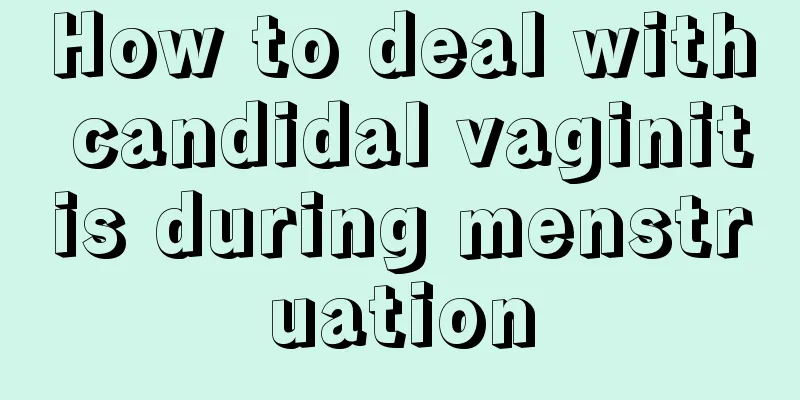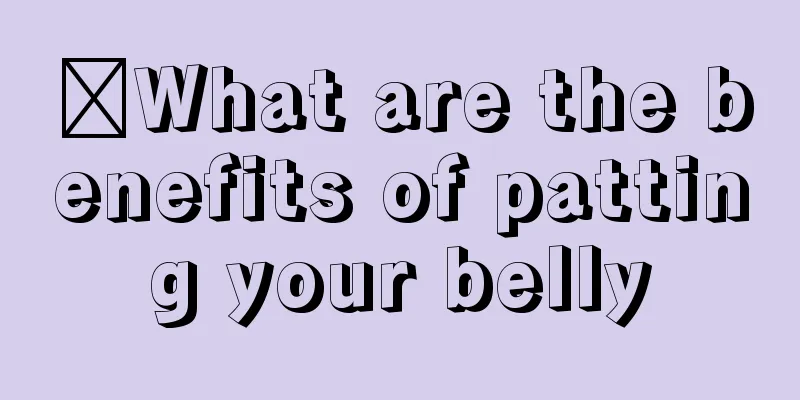What causes chest tightness, difficulty breathing, and irregular heartbeat?

|
Arrhythmia can cause abnormal blood circulation. When arrhythmia occurs, patients will experience symptoms such as guilty conscience, chest tightness, and weakness. If the arrhythmia is more serious, symptoms such as tachycardia may occur, so arrhythmia is not a trivial matter. Irregular heartbeats can lead to sudden death. The most common cause of sudden death is arrhythmia. So, what are the causes of chest tightness, difficulty breathing, and arrhythmia? This situation should not be a simple arrhythmia, and patients with arrhythmia, cardiomyopathy, rheumatic heart disease and mitral valve prolapse should be considered. In addition to taking antiarrhythmic drugs, treatment should also be directed at the underlying disease and its inducing causes. Both normal people and patients with various heart diseases can experience ventricular premature beats. Taking Shengmai Granules and Wenxin Granules can improve symptoms of palpitations and chest tightness. "Arrhythmia" means that the heartbeat is either faster or slower than the normal range. Tachycardia, bradycardia or arrhythmia caused by abnormal cardiac autonomic rhythm or conduction disorders; mental stress, heavy smoking, drinking, drinking strong tea or coffee, excessive fatigue, severe insomnia, etc. are often the inducing factors of arrhythmia; arrhythmia is particularly common in patients with heart disease, and often occurs during anesthesia, surgery or after surgery. Arrhythmia caused by serious diseases is often accompanied by some symptoms, including dizziness, chest tightness, chest pain, shortness of breath, sweating, pale face, cold limbs, convulsions, coma, etc. People with mild arrhythmia can still work and study as usual. Irregular heartbeats are often caused by: 1. Metabolic abnormalities: electrolyte imbalance (e.g. potassium, sodium, calcium) in the body, endocrine disorders (For example: hyperthyroidism. 2. Emotions: Especially when you are emotionally excited, arrhythmia may occur due to the impact on the endocrine system. 3. Heart disease: ischemic heart disease (coronary artery disease), rheumatic heart disease, myocarditis, myocardial disease, and congenital heart disease, etc. 4. Drugs: In addition to some drugs that may cause arrhythmia, caffeine in coffee, nicotine in cigarettes, and alcohol, when taken in certain doses, can also cause arrhythmia. Medication can restore the heartbeat to normal or reduce the frequency of irregular heartbeats, but it can usually only control the condition and not necessarily cure it. 1. If you have palpitations. Symptoms of chest tightness and dizziness may be caused by arrhythmia, and you need to be examined by a cardiologist to determine whether you have arrhythmia. If so, you should further understand whether it has an impact on your health and life, and whether further examination and treatment are needed. 2. If you use medication to control the condition, never stop taking, reduce, or increase the dosage on your own to avoid danger. 3. Arrhythmia can be divided into two types: benign and malignant. The so-called benign arrhythmia may make people uncomfortable when it occurs, but it will not cause life-threatening. When malignant arrhythmia occurs, it will seriously affect the heart's blood output, causing fainting or even death. Even if this type of arrhythmia has no symptoms, it must be treated once it is confirmed. Patients should quit drinking and smoking, not eat betel nuts, not drink coffee, not get angry, and maintain a calm state of mind. They should pay attention to the speed of eating, not eating too fast, not eating too full, pay attention to the combination of work and rest, and not overwork. Once the diagnosis is made, treatment must be given as soon as possible. Otherwise, there is a high possibility that life will be in danger. |
<<: What are the symptoms of fear and anxiety disorders?
>>: What should I do if blisters are caused by athlete’s foot?
Recommend
What are the complications of colorectal cancer?
Colorectal cancer refers to a malignant tumor of ...
What to wear when the temperature is between 20 and 28 degrees
There are more and more styles of clothes for mod...
Three groups at high risk of prostate cancer
Prostate cancer (PCa) is the second most common m...
How to wash lotus root easily and cleanly
The nutritional value of lotus root is recognized...
How to prevent liver cancer through diet? These 6 types of people are prone to liver cancer
Liver cancer is highly malignant and progresses r...
The inheritance pattern of bladder cancer
Among genetic factors, those with a family histor...
Is the recurrence rate of early kidney cancer high after surgery?
Is the recurrence rate high after surgery for ear...
The harm of prostate cancer bone metastasis
Prostate cancer is the sixth most common malignan...
What to eat for nasopharyngeal carcinoma radiotherapy? Is it effective?
Diet after radiotherapy for nasopharyngeal cancer...
How to use pyroalkali disinfection
In life, everyone knows that summer is the season...
What is the reason for urine retention
Urinary incontinence is a common urinary system d...
A family of 8 people all have cancer! Doctors remind: Be highly vigilant in this situation
"Doctor, our family has lost too much...&quo...
Nursing methods for radiotherapy of kidney cancer
During the cancer treatment process, especially a...
Can hand tremors be cured
Hand tremors are a common phenomenon among many p...
Cleft palate repair
We often see many babies with cleft lip and palat...









